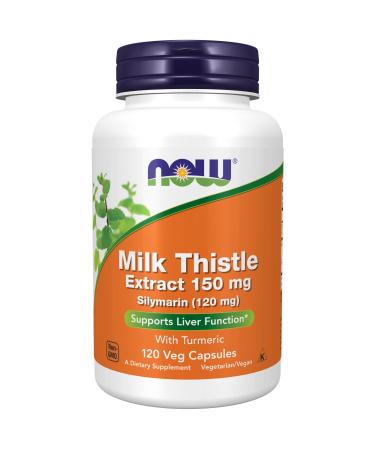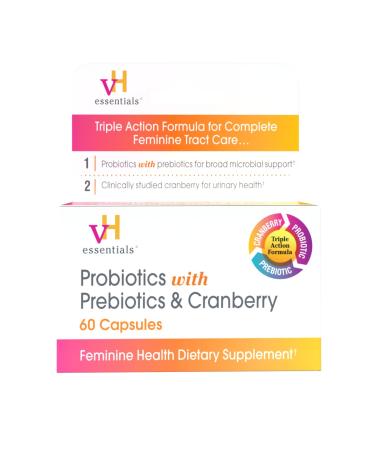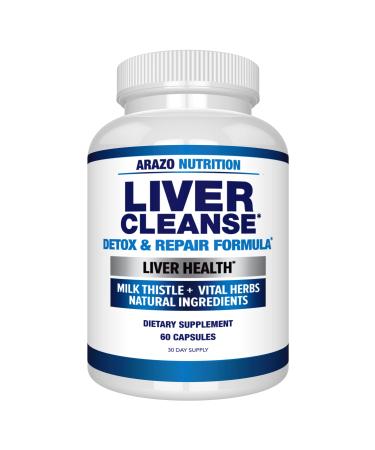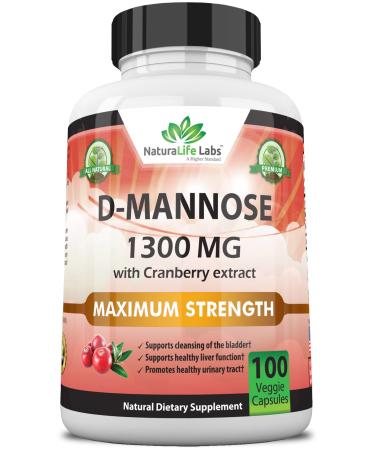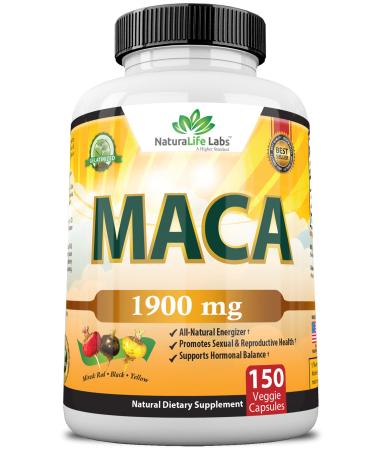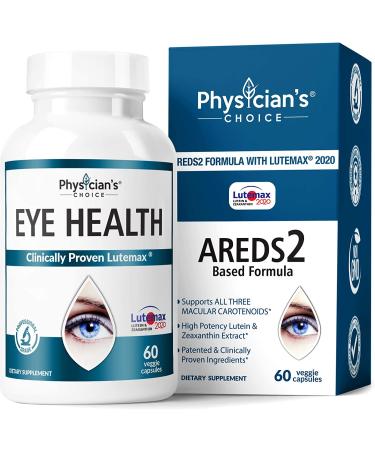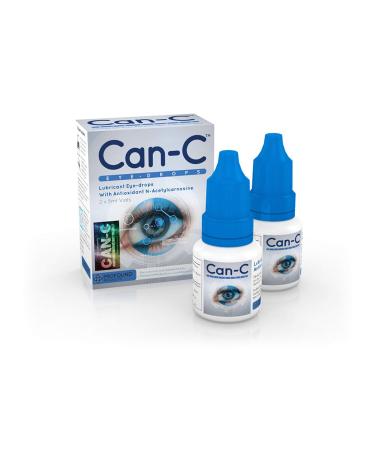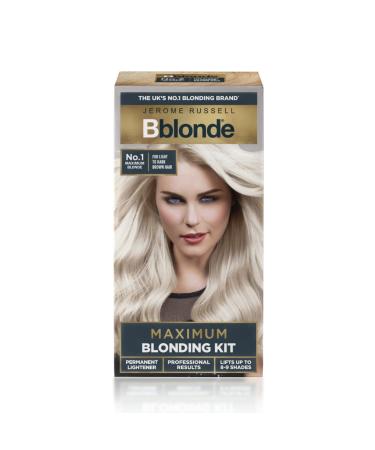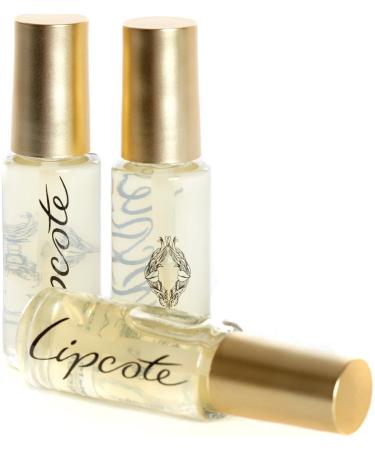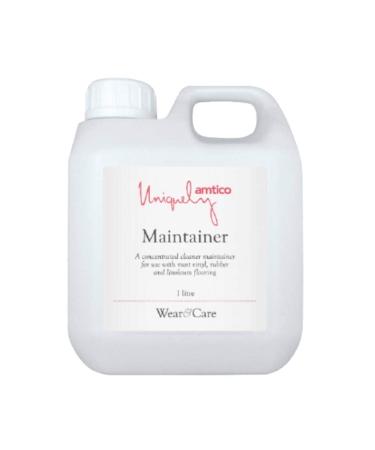Supports healthy liver function*
The liver is a vital organ that helps keep our body healthy by performing over 500 biological functions. It is involved in various metabolic and secretory processes. The liver metabolizes proteins, carbohydrates, and fats; secretes bile, a digestive fluid critical for digestion and excretion of waste products; stores energy in the form of glycogen and other substances; and synthesizes blood-clotting factors. The liver also plays an important role in enzyme activations and in detoxification by keeping our blood stream cleared from wastes that our body normally generates, harmful chemicals, and toxins. Consequently, any interferences (environmental polluted sources, medication-induced liver injury associated with various therapeutic medication) with these vital liver functions can lead to poor health. Many herbal, medicinal and pharmaceutical plants and their extracts have been widely studied by many researchers and based on their analysis, silymarin and one of its structural components, silybin, are substances that may have demonstrated the most natural hepatoprotective properties.* In addition to its protective functions, silymarin may enhance damaged liver cells to regenerate by accelerating the cell cycle, increasing the production of ribosomes and stimulating protein synthesis in the damaged cell.*
Silymarin provides protection against free radicals*
Oxygen free radicals and other reactive oxygen species (ROS) such as superoxide anion radical O2•− and hydrogen peroxide (H2O2), as well as reactive nitrogen species such as nitric oxide (NO·) and peroxynitrite, are known to damage living tissues and cellular components. In biological systems this process is called oxidative stress or oxid
tive damage. Although liver cells possess a number of compensatory mechanisms to deal with ROS (induction of antioxidant proteins such as superoxide dismutase (SOD) and glutathione peroxidase (GSHPx), and enzymatic antioxidant systems which function by direct or sequential removal of ROS, thereby terminating their activities), there can be an imbalance between the oxidative forces and antioxidant defense systems, especially in the aging population. This can lead to oxidative injury, which has been implicated in the development of cardiovascular and liver ailments. In the past decades, scientific research has been focusing on the hepatoprotective properties of naturally occurring silymarin and its mechanisms of action. Silymarin has been used for centuries for the protection of the liver function from toxic substances.* Studies have examined the main components of silymarin and determined their individual ability to quench reactive oxygen radicals and to evaluate their antioxidant activities. Based on numerous findings, possible antioxidant mechanisms of Silymarin have been highlighted and include the following: Direct scavenging free radicals, preventing free radical formation by inhibiting specific ROS-producing enzymes, or improving an integrity of mitochondria in stress conditions, and maintaining an optimal redox balance in the cell by activating a range of antioxidant enzymes and non-enzymatic antioxidants. Silymarin may also bind to the outer cell membrane, preventing harmful toxins from entering the cell.*
CLINICAL STUDIES
Much of the evidence for the hepatoprotective activities and mechanisms of action of silymarin have been supported by decades of studies mostly conducted in vitro and in animal models.
Liver damage can be due to excess intake of alcoholic beverages. Increased understanding of the mechanisms of liver injury has led to innovative pharmaceutical treatments (such as corticosteroids, antioxidants, antibiotics) but also natural alternative remedies such as silymarin.33 A recent study was conducted to evaluate the effect of silymarin on liver protection against alcohol (20% ethanol) in mice. Based on the data obtained, silymarin was shown to have liver protective mechanisms in alcohol-induced hepatic problems. The extend of silymarin protective action against alcohol was also seen on the kidneys.
Silymarin offers good protection in various toxic models of experimental liver damage in laboratory animals. For instance, a study was conducted to investigate the effects of well-known antioxidants that have hepatoprotective effects: silymarin, ascorbic acid and alpha lipoic acid (ALA). All three compounds recognized with attenuating medication-induced oxidative stress and cellular damage. The study used acetaminophen (APAP) to induce liver toxicity in rats as a model both in vivo and in vitro. Freshly cultured primary rat hepatocytes were treated with ascorbic acid, ALA, silymarin and their combination, both with and without the addition of APAP to evaluate their in vitro impact on cell proliferation and mitochondrial activity and the in vivo study was performed on rats supplemented with the test compounds or their combination for one week followed by two toxic doses of APAP. Selected liver function tests and oxidative stress markers including superoxide dismutase (SOD), malondialdehyde (MDA-- an organic compound that occurs naturally and is a marker for oxidative stress) and oxidized glutathione (GSSG) were detected. The in vivo results showed that all three pre-treatment compounds and their combination prevented elevation of SOD and GSSG serum levels indicating a diminished burden of oxidative stress. Moreover, ascorbic acid, ALA and silymarin in combination reduced serum levels of liver enzymes; however, silymarin markedly maintained levels of all parameters to normal ranges.



